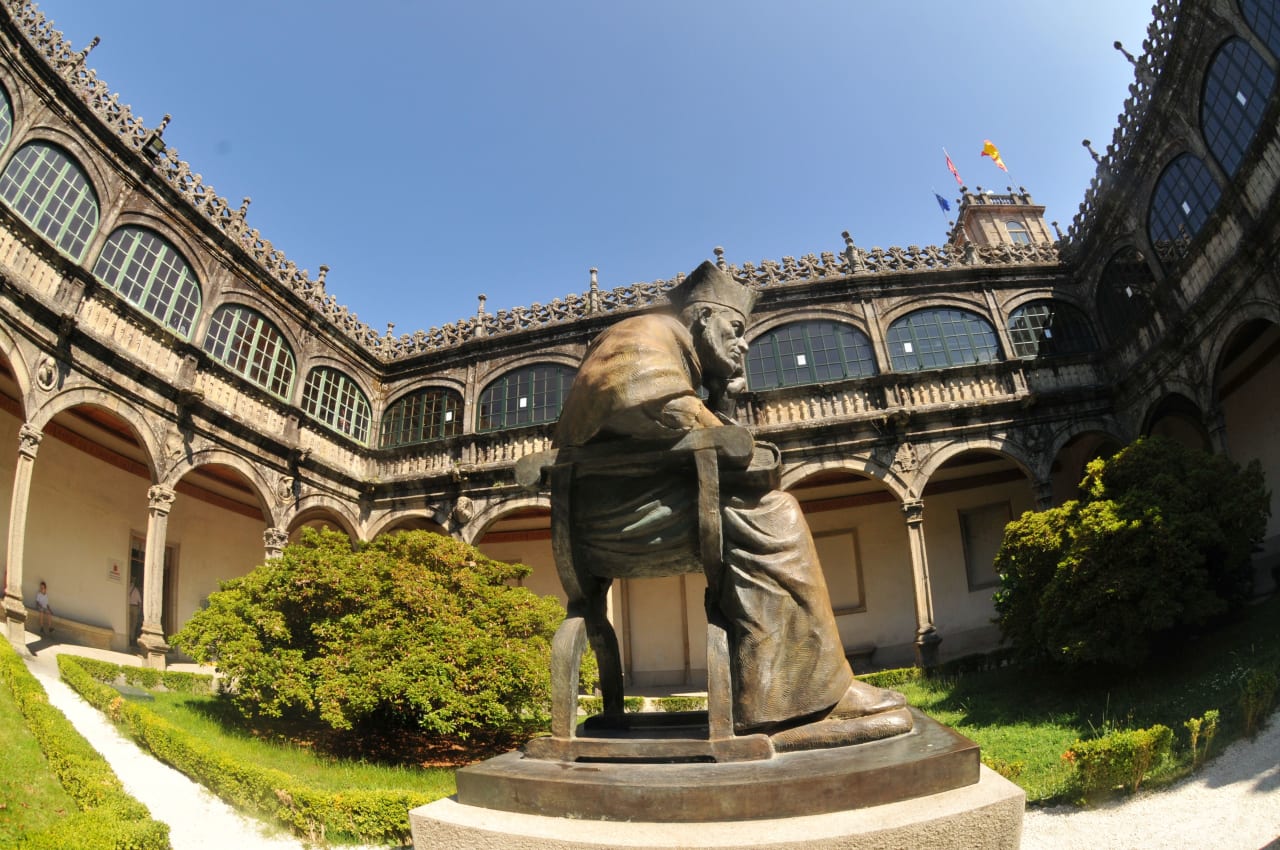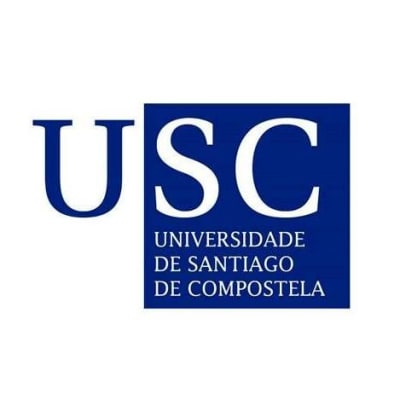
Master's Degree in Agronomic Engineering
Universidade Santiago de Compostela

Key Information
Campus location
Lugo, Spain
Languages
Spanish, Galician
Study format
On-Campus
Duration
1 - 2 year
Pace
Full time, Part time
Tuition fees
EUR 1,160 / per year
Application deadline
Request info
Earliest start date
Request info
Introduction
Title name: Master's Degree in Agricultural Engineering
Branch of knowledge: Engineering and Architecture
Center where it is taught:
Higher Polytechnic School of Engineering
R/ Benigno Ledo, University Campus
27002
lugo
Date of authorization for implementation of the title by the Xunta de Galicia: Orde do 05/12/2013 (DOG do 20/12/2013)
Date of publication in the BOE: 04/04/2014
Date of last accreditation: 07/11/2017
Responsible for the title:
Title coordinator: Pereira Lorenzo, Santiago
Teaching conditions:
- Periodicity of the offer: annual
- Type of teaching: face-to-face
- Study regime: full tempo / partial tempo
- Languages of use: Spanish Galician
Interuniversity title:
No
Coordinating University:
- University of Santiago de Compostela
Goals
The general objective of the title "Master in Agricultural Engineering" is the training of senior technicians trained to project, plan, organize, direct and control the production systems and processes developed in the agri-food sector, including the infrastructures and facilities necessary for efficient performance. of said productive activities, all within a framework of protection and conservation of the environment and development and improvement of the rural environment. The students entitled by this Master, through their scientific and technological knowledge and their creative ability, will be able to design systems for the economic use of Nature's resources to obtain and transform food, fibers for fabrics and other useful plants or animals. for the man. It is intended that the students who graduate from the Master are professionals prepared for the exercise of the regulated profession of "Agronomist Engineer" and know how to manage renewable natural resources in a rational way. This title enables them to exercise the regulated profession of Agronomist Engineer in Spain .
Curriculum
Curriculum
Specialties or itineraries:
The Master in Agricultural Engineering offers the following specialties:
- AgroEngineering
- Milk production engineering
- Viticulture
To obtain the specialty, the student must take the 6 optional subjects of 3 ECTS each (18 ECTS in total) that make up the corresponding specialty module, as well as carry out the External Practices (PE) and the Master's Thesis (TFM) in topics related to the chosen specialty. The student can also obtain the degree without any specialty; In this case you will be able to freely choose the 6 optional subjects you want, without being obliged to have them from the same module, as well as carry out the External Practices and the Master's Final Project on any topic in accordance with the proposed title.
Transfer and recognition of credits:
Recognition of credits: consists of the acceptance by a university of the credits that were obtained in official courses, in the same or in another university, and that are computed in other different courses for the purposes of obtaining an official degree.
Transfer of credits: implies that the official academic documents accrediting successive courses for each student will include all the credits obtained in official courses taken previously, at the same or another university, that have not led to obtaining a an official title.
Program Outcome
General Competences
In accordance with section 3 of the Annex to Order CIN/325/2009, of February 9, which establishes the requirements for the verification of official university degrees that qualify for the exercise of the profession of Agricultural Engineer, the Graduates of this Master must acquire the following general skills:
- Ability to plan, organize, direct and control the productive systems and processes developed in the agricultural sector and the agri-food industry, in a framework that guarantees the competitiveness of companies without forgetting the protection and conservation of the environment and the improvement and sustainable development of the rural environment.
- Ability to design, project and execute infrastructure works, buildings, facilities and equipment necessary for the efficient performance of the productive activities carried out in the agri-food company.
- Ability to propose, direct and carry out research, development and innovation projects in products, processes and methods used in companies and organizations linked to the agri-food sector.
- Ability to apply the knowledge acquired to solve problems posed in new situations, analyzing information from the environment and synthesizing it efficiently to facilitate the decision-making process in companies and professional organizations in the agri-food sector.
- Ability to transmit their knowledge and the conclusions of their studies or reports, using the means that communications technology allows and taking into account the knowledge of the receiving public.
- Ability to direct or supervise multidisciplinary and multicultural teams, to integrate knowledge into complex decision processes, with limited information, assuming the social, ethical and environmental responsibility of their professional activity in harmony with the socioeconomic and natural environment in which they operate.
- Ability to develop the necessary skills to continue learning autonomously or directed, incorporating new concepts, processes or methods derived from research, development and innovation into their professional activity.
Gallery
Career Opportunities
Departures
The Agricultural Engineer degree is one of those with the lowest values in jobs not related to the degree. Employment is accessed through personal contacts or own initiative (in more than 50% of cases) and on average it takes the Agricultural Engineer 4.1 months to find his or her first job. Within labor insertion, the fundamental activities are those included in the engineering subheading (consulting, construction and facilities, environment and health and safety), followed by public administration and supply and service companies.